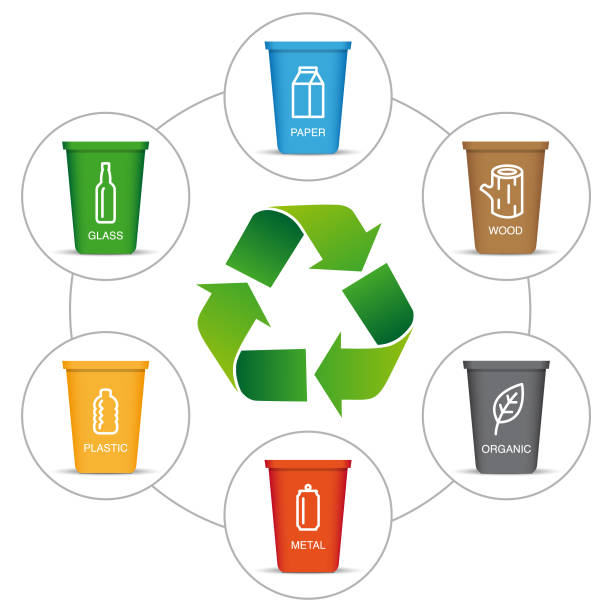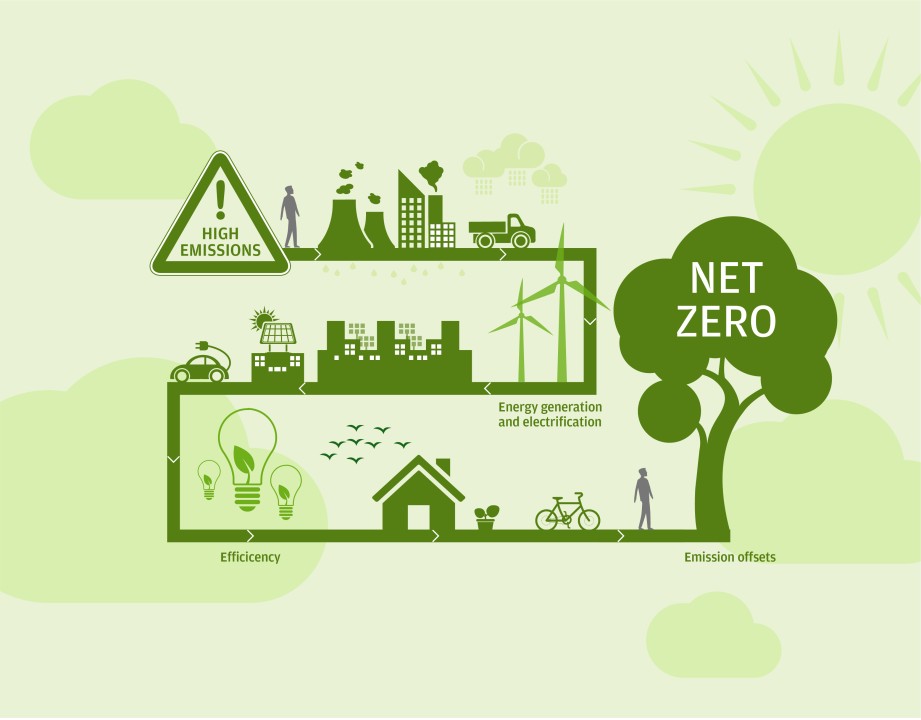
 Inputs and Outputs
Inputs and OutputsTransforming waste into valuable resources through innovative processes. By recycling materials like plastics, textiles, and organic waste, we generate essential outputs such as hydrogen, diesel, and wax.
 Recover Landfill
Recover Landfill Recycling Old Waste
Recycling Old Waste Industrial Waste
Industrial Waste Organic Waste
Organic Waste Glass Reinforced Plastic
Glass Reinforced Plastic Dirty Mixed Plastics (Recovery from the Sea)
Dirty Mixed Plastics (Recovery from the Sea) Old Clothing (Wool, Cotton, Synthetic)
Old Clothing (Wool, Cotton, Synthetic) Naptha
Naptha Hydrogen
Hydrogen Kerosene
Kerosene Diesel
Diesel Wax
Wax Potassium Nitrate
Potassium Nitrate Co2 Recovery
Co2 Recovery H2 Recovery
H2 Recovery Nox Recovery
Nox Recovery Sulphur Recovery
Sulphur Recovery Co2 Recovery
Co2 Recovery H2 Recovery
H2 Recovery Nox Recovery
Nox Recovery Sulphur Recovery
Sulphur Recovery We Create
We CreateAchieving zero emissions through advanced recovery technologies. We efficiently capture CO2, hydrogen, nitrogen oxides, and sulfur, transforming them into valuable resources for a cleaner environment.


Landfills in the UK
Tons of waste produced annually
Litres of oil can be produced
Tons of CO2 can be saved
 Synergized Innovations
Synergized Innovations
 Sustainable Practices
Sustainable PracticesThe concept of the "3 R's"—Reduce, Reuse, and Recycle—has long been foundational to minimizing environmental impact.
EnviroDynamics enhanced Reform as a fourth "R" expanding the scope by highlighting the need for systemic changes in industries, policies, and lifestyles to achieve long-term sustainability.

Focuses on minimizing waste by encouraging the use of fewer resources through mindful consumption, such as buying in bulk or using energy-efficient appliances.

Promotes extending the life of products by finding multiple uses for them, like repurposing containers or repairing items instead of discarding them.

Emphasizes processing used materials like paper, glass, and plastic to create new products, reducing the need for raw materials and conserving energy.

Aims to address the root causes of environmental issues by encouraging shifts in regulations, business models, and societal behaviours.
This includes implementing stricter environmental policies, promoting green technologies, and fostering consumer habits that prioritize eco-friendly products. Together, the four R's underline that personal actions must be supported by broader systemic changes to achieve lasting environmental sustainability.




